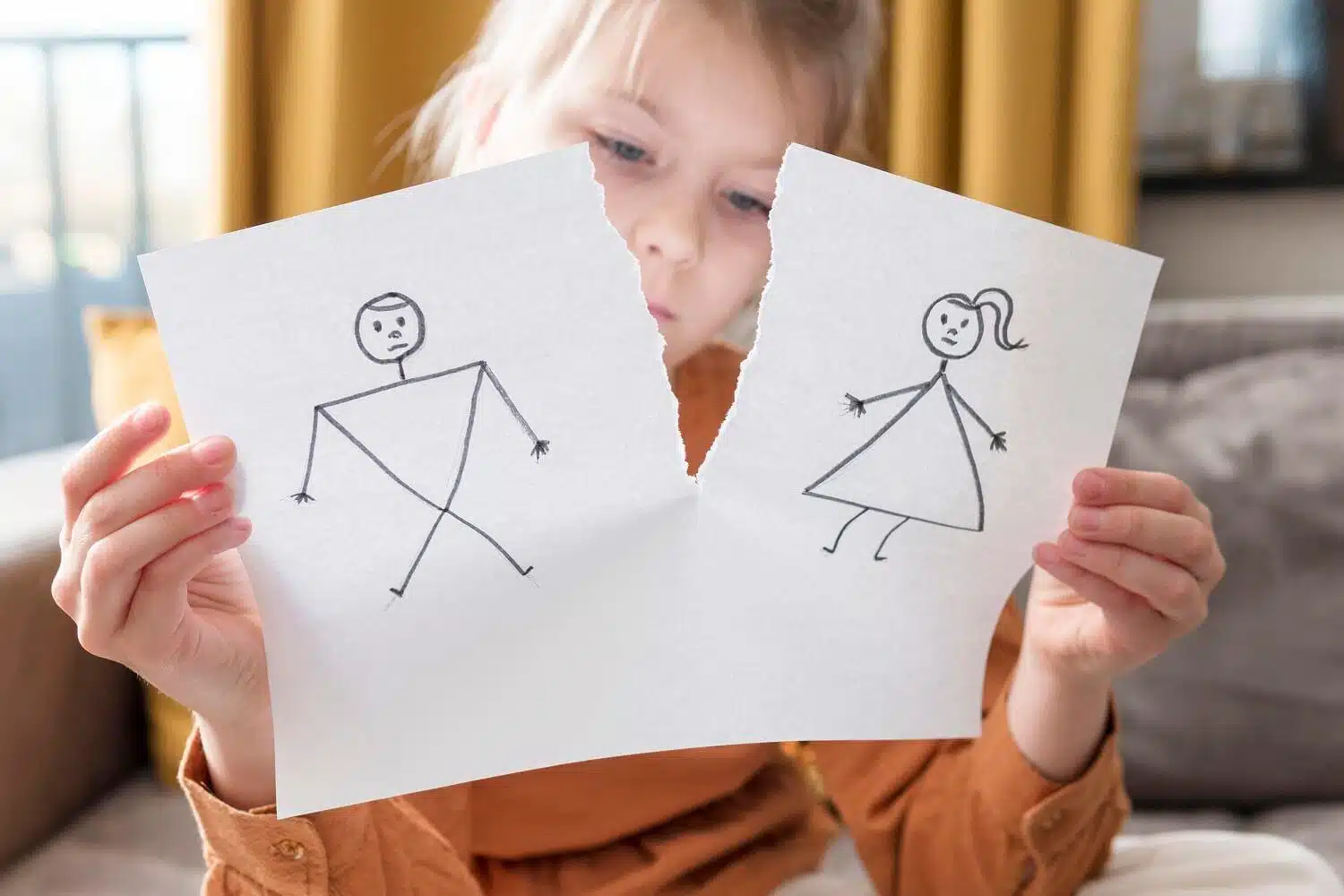Adults’ mental, social, and emotional health may be adversely affected by traumatic experiences they had as children. The good news is that treatment for traumatic experiences in childhood may help adults make significant progress. The effects and benefits of childhood trauma therapy for adults and a comprehensive look at how therapy may be used to repair harm from the past are discussed in today’s blog.
How Does Childhood Trauma Impact Adults?
- Prolonged emotions of dread, worry, and alertness might be the outcome of a traumatic experience in childhood. A lack of self-worth and worthiness is common among survivors, who may find it challenging to manage their feelings, experience pleasure, or have a positive view of themselves.
- There is no one method by which the mental consequences of childhood trauma show themselves. Individuals may turn to destructive behaviors like drug misuse or self-harm to deal with their intense feelings. Poor cognitive function may also result from problems with attention and memory. Further, those who suffered trauma as children are more likely to develop mood conditions such as depressive disorders, anxiety, and post-traumatic stress disorder (PTSD).
- The social lives of adults may be profoundly altered by traumatic experiences they had as children. Survivors frequently have difficulty forming significant connections because of their compromised interpersonal abilities. It may be challenging to keep a close relationship with someone if trust concerns occur. This might lead people to avoid interaction with others and even alienate themselves.
How Does Childhood Trauma Therapy For Adults Work?
Builds a Therapeutic Connection
Therapy for childhood trauma victims allows patients to build trusting relationships with licensed therapists in a secure and nurturing setting. The Singapore therapist establishes credibility by showing interest in the patient and paying attention attentively without passing judgment. Having someone to talk to about their terrible experiences is a crucial first step on the road to recovery.

Fostering Autonomy and Empowerment
Adults may benefit from treatment for childhood trauma by learning to take charge of their life. It promotes introspection and empathy, which in turn helps one become more secure in one’s identity. Therapists may help survivors gain confidence and agency by examining their own personal limits, standards, and views.
Nurturing Adaptability and Post-Traumatic Recovery
Childhood trauma therapy for adults gives survivors the skills they need to manage anxiety, depression, and other symptoms associated with reliving traumatic events. Therapists help trauma survivors heal using tried-and-true methods, including cognitive behavioral therapy (CBT) and eye movement desensitization and reprocessing (EMDR). Therapy aids in the development of resilient coping strategies and the treatment of trauma-related symptoms.
Forming Healthy Relations
Relational behaviors which might have been impacted by childhood trauma may be explored and addressed within the context of treatment for trauma survivors. In therapy, individuals might examine how their circumstances have altered their capacity to connect with others. By improving their ability to communicate, establish acceptable limits, and build trust in therapeutic settings, people can better form and maintain satisfying relationships with others.
Knowing who you are & overall self-worth
Traumatic experiences in childhood may warp self-perception. In a therapeutic environment, those who have endured trauma might look inside themselves, apart from their observations. Those who take the time to ponder on their own lives and engage in directed introspection might learn more about their character traits and core beliefs. With a revitalized understanding of who they are and what they want out of life, survivors may move ahead via this approach.
Developing Coping Skills
Those who have suffered traumatic events as children might benefit from various coping strategies taught in therapy. As a team, therapists and those who have experienced trauma collaborate to establish individualized plans for coping with anxieties, stress, and various other problems. Individuals may develop better resilience and flexibility via these coping techniques, which emphasize taking care of oneself, handling emotions, and general well-being.
Conclusion
Although traumatic experiences in childhood may have long-lasting effects on people, counseling for this issue can help them recover and adapt. Reconciliation and resiliency may be found via childhood trauma therapy for adults, which frees survivors from their pasts and helps them build hopeful, self-discovering futures.
